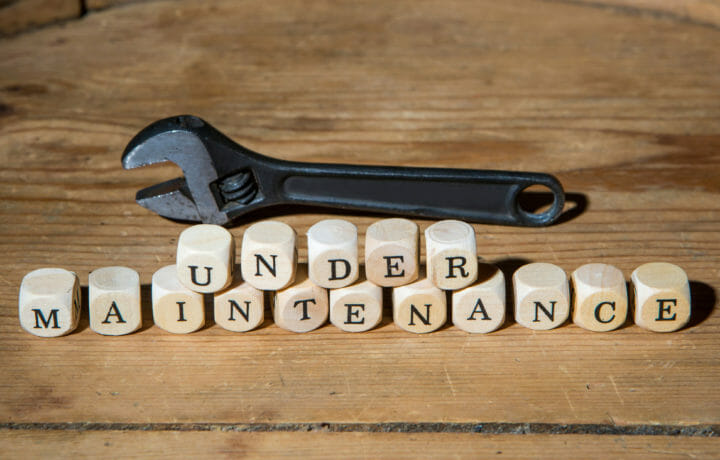THE CLEARED RECRUITING CHRONICLES: YOUR WEEKLY DoD RECRUITING TIPS TO OUT COMPETE THE NEXT NATIONAL SECURITY STAFFER.
It’s easy for anyone to become complacent in a role they’ve been serving in for some time. Recruiters experience burnout, and therefore staffing teams can become stale. That will ultimately detriment your sustainability as a defense contractor as billets remain unfilled.
Most recruiting teams I have worked on have approached staffing in full lifecycle form. A recruiter has a set of positions or teams they work on fulfilling every role from sourcing, to interviewing, to salary negotiations, to pre-onboarding, and everything in between. But the large, successful recruiting teams split up the roles as opposed to the programs, instead.
SOURCERS
Talent sourcers or resume screeners duties include identifying candidates with highly technical and specialized skills by sifting and categorizing resumes to fill current or future vacancies within a company. Sometimes, this role can be just that, or they can also be responsible for interacting with potential candidates by reaching out initially online, gauging interest in the role that is open, or scheduling interviews with the next person in the talent acquisition lifecycle. One of their biggest role include maintaining candidate databases and the company’s applicant tracking system.
INTERVIEWERS
For most defense contractors, the next step in the process is when the sourcer hands over the qualified and interested candidate to the recruiter or interviewer. At this stage, the recruiter will manage the candidate relationship, conducting initial phone screens for technical capabilities, selecting which candidates will move forward to team or program manager interview, and guiding internal stakeholders through the hiring process. This means lots of phone calls, virtual meetings, and interviews.
It is the recruiter’s job to follow through this process until a qualified candidate is finalized for the position. In some instances, the recruiter also facilitates the onboarding process for a new employee since they are the first relationship the candidate really built within a company.
HUMAN RESOURCES
At this point in the process, should a candidate pass through phone screens, team interviews, clearance verifications and skills assessments, the recruiter handoffs the candidate to HR where salaries are negotiated and offer letters are created. HR also collaborates with the Facility Security Officer (FSO) to complete pre-boarding documents and complete transfers or pick-ups of security clearances.
THE HANDOFFS
It falls upon on all these parties to collaborate, work together, and identify top talent for a company within defense, and a seamless process will help with retaining this top talent. Effective communication between the resume sifters, recruiters, HR, and security contributes to a stronger organization and ensures that a candidate pipeline is healthy.
Handing off candidates to different people through these tasks allows each person in the talent acquisition process to focus on the task at hand and not be distracted by one off requests so your recruiting can be the most efficient team against the competition.


